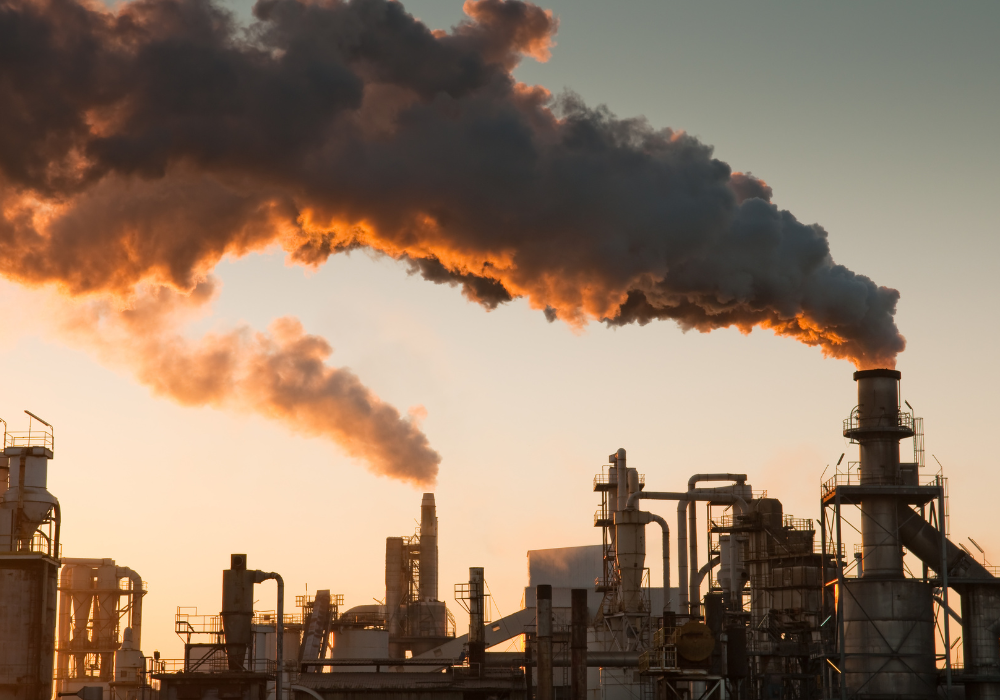Corporate polluters just got a green light—and communities will pay the price.

The headlines barely scratched the surface, but the implications are staggering: over 100 polluters just got a regulatory free pass, thanks to a sweeping move by the Trump administration. Under the banner of “deregulation” and “economic growth,” environmental safeguards have been loosened or erased altogether, giving major corporations more leeway to pollute without fear of penalties. This isn’t just political posturing—it’s a seismic shift in how the U.S. enforces clean air, water, and land protections. As wildfires rage and floods displace families, this rollback couldn’t come at a worse time. The long-term consequences? They may already be unfolding around us.








